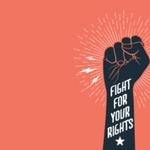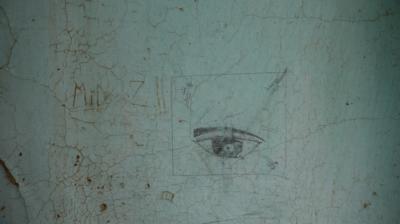Queer Lawfare in Africa: Queer Identities as Political Currency in Autocratization Processes and Courts as Sites of Resistance
Across much of Africa the lives of queer people – lesbian, gay, bisexual, trans and intersex (LGBTIQ+) – are deeply affected by an extreme politicisation of queer identities and rights. Church leaders and politicians are whipping up hatred, and anti-queer laws are tightened and more harshly enforced. This is by now a familiar issue. But it is only one part of a bigger picture. Some African countries have liberalised the law, decriminalised same sex relations, strengthened rights of transgender people, and outlawed discrimination on the basis of sexual orientation – and are seeing more tolerant attitudes in the population. And queer activists are using multiple strategies and arenas to advance their cause – such as by taking cases to court, sometimes with considerable success. The Botswana High Court decriminalised homosexuality in 2019, in a judgment upheld by the court of appeals. This roundtable discusses the dynamics of queer lawfare in a range of African countries: why developments are so different across countires; how autocratic leaders use anti-queer mobilization; and the relationship between queer activism and poltiical backlash.
Introduction: Adrian Jjuuko (Human Rights Awareness and Promotion Forum Uganda - HRAPF)
Participants: Getnet Tadele (Addis Ababa University), Nicholas Orago (University of Nairobi), and Liv Tønnessen (LawTransform / CMI)
Commentator: Bruce Wilson (University of Central Florida)
Moderator: Siri Gloppen (UiB/LawTransform)
Liv Tønnessen





